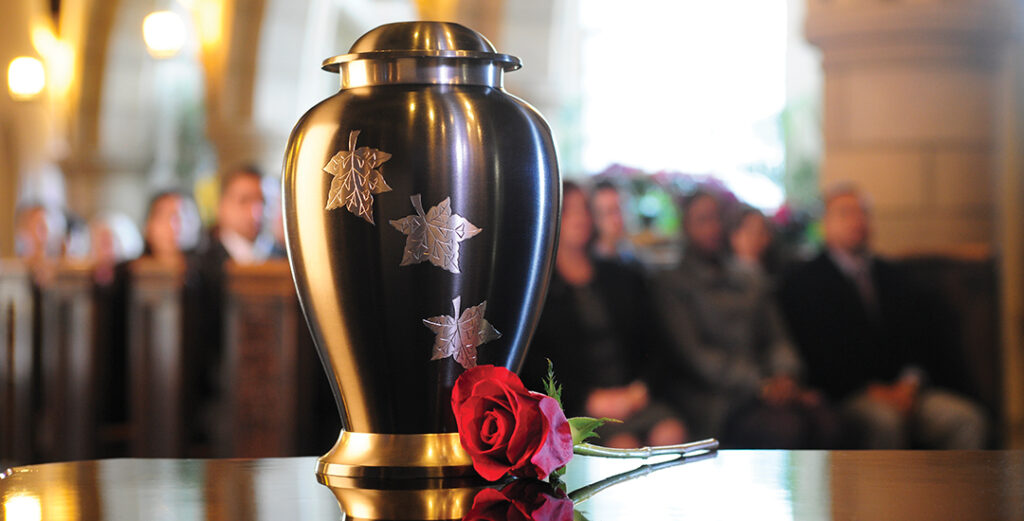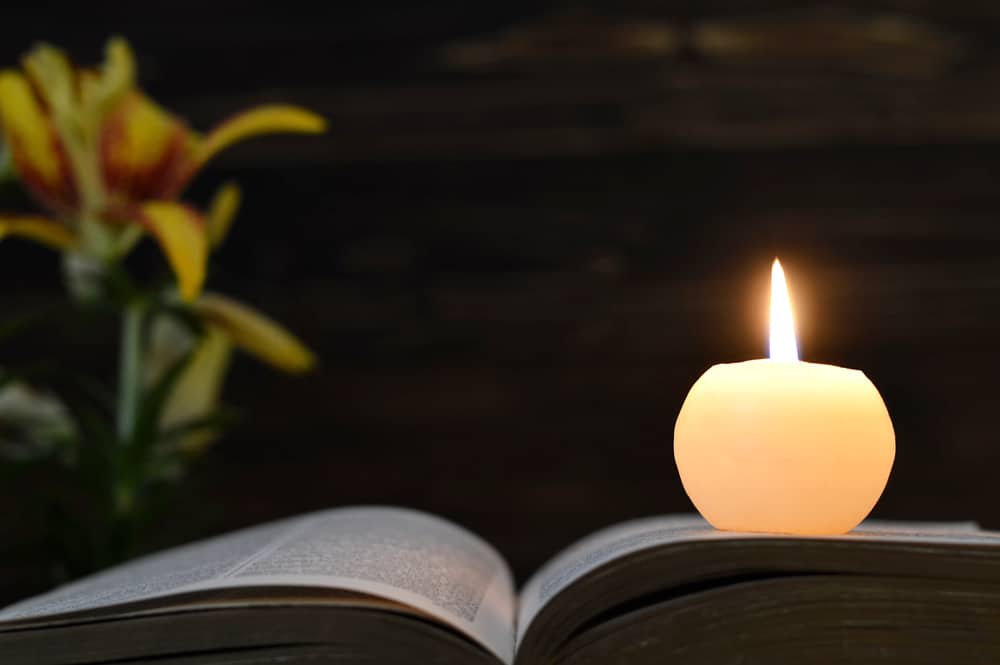
Why have a funeral? What’s the point. It is ultimately more difficult to avoid the topic as difficult as it can be to discuss death, grief, and funerals. For thousands of years, funerals have been a means of expressing our beliefs, thoughts, and feelings about the death of someone we love.
What is the purpose of a funeral ceremony?
There are a number of reasons why we gather to hold a funeral service. A funeral ceremony:
- helps us acknowledge that someone we love has died
- allows us to say goodbye
- helps us remember the person who died and encourages us to share those memories with others
- offers a time and place for us to talk about the life and death of the person who has passed
- provides a social support system for us and other friends and family members
- allows us to search for the meaning of life and death
- offers continuity and hope for the living
Whether you choose burial or cremation, the major purpose of a funeral or other form of ceremony is to recognize a particular life and make real the fact that life has ended. The remembering, deciding, and reflecting that takes place in the planning of the service are often an important part of the process of grief and mourning. Ultimately, this process of contemplation and discovery creates a memorable and moving funeral experience for all who attend.
How to hold a Life Celebration to positively commemorate a life lived
We gather together to establish the significance of a life. Instead of dismissing the whole funeral process in an effort to escape the reality of death, we should work to make the funeral as meaningful and healing as possible. It is impossible to progress through grief without first facing the fact of the loss.

The shift towards life celebrations reflects how we are shifting our perceptions of funerals as somber events. And that celebrating a life can provide more healing for the living.
It is important to recognize that funerals are for the living … for those who will suffer the trauma of losing a loved one. It is through the funeral process that a number of emotional needs are met for those who grieve.
A funeral is similar to other ceremonies in our lives. Like a graduation ceremony, a wedding, a baptism, a funeral is a rite of passage by which we recognize an important event that distinguishes our lives. The funeral declares a death has occurred.
The funeral is the first step in healing and has both psychological and social healing aspects.
It is often the initial step toward separation from the deceased to the beginning of the grief process and re-establishing a place in our community without the loved one.
The funeral ritual makes the death a reality for those who are bereaved.
The ritual of viewing the deceased may be seen by some as harsh and unnecessary and they may say “I just want to remember him the way he was”, however, it is a reality and confirmation for the person grieving as to the finality of the loss, thus allowing them to begin the healing process. Funerals are often a time for remembering the deceased, telling stories or memories, and rituals to help in the psychological healing. The funeral allows for the community to support the mourners and gives structured time and interaction with members other than the family. Attending the funeral allows us to deal with the loss, say goodbye, and reaffirms the importance of living.
FUNERAL CELEBRANTS are becoming a popular choice in Canada.
What is a Certified Funeral Celebrant?
A Funeral Celebrant is trained and certified to provide a funeral, memorial, or celebration of life service that is highly personalized to reflect the personality, lifestyle, and beliefs of the person who died. Celebrants encourage participation by family and friends in helping to create a meaningful ceremony. The Celebrant then writes and facilitates the ceremony for you.
Why Have A Funeral Celebrant?
A growing number of individuals call themselves non-religious and do not participate within a faith community. Also, many people follow a strong ‘spiritual’ path but are not necessarily ‘religious’. For both groups, when someone they love dies, they are often unclear about how to design a tribute that is fitting. Friends and family often want to participate in the creation and presentation of personalized gatherings, but may be uncomfortable or unable to speak publicly about death the loss of a loved one. Funeral Celebrants support the individual or family decision to present a spiritual and/or non-religious gathering.

How Do I Arrange For the Services of A Certified Celebrant?
You may contact a Certified Celebrant directly, or ask your chosen funeral home to refer you to the Certified Funeral Celebrants in your area. For more information regarding Celebrants and the services they offer, check out the Certified Celebrants Association of Canada.

